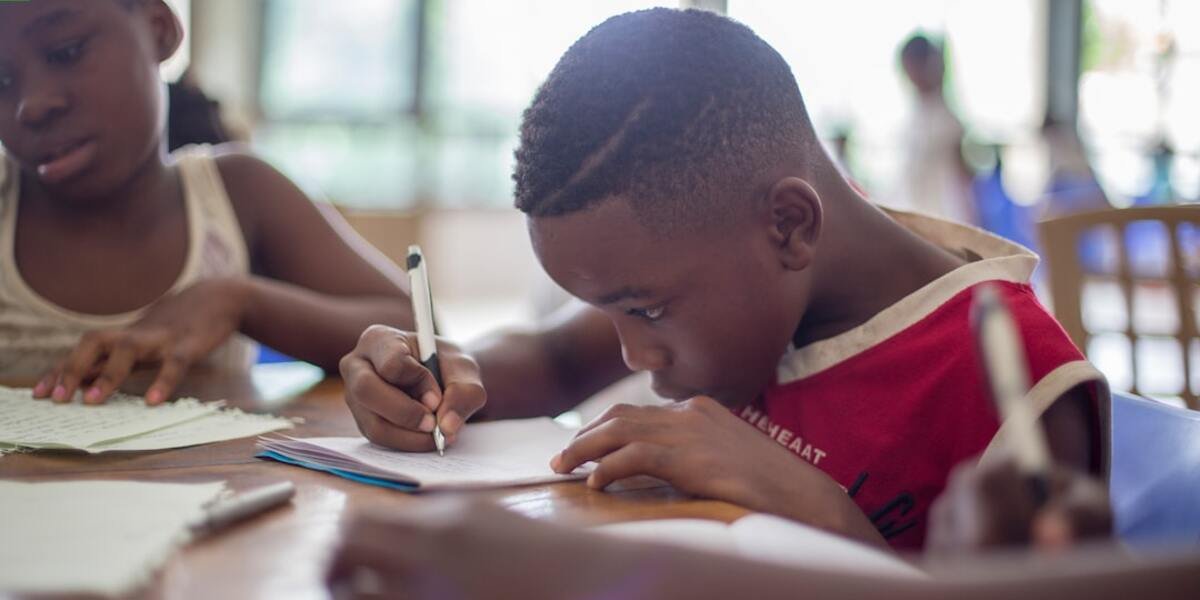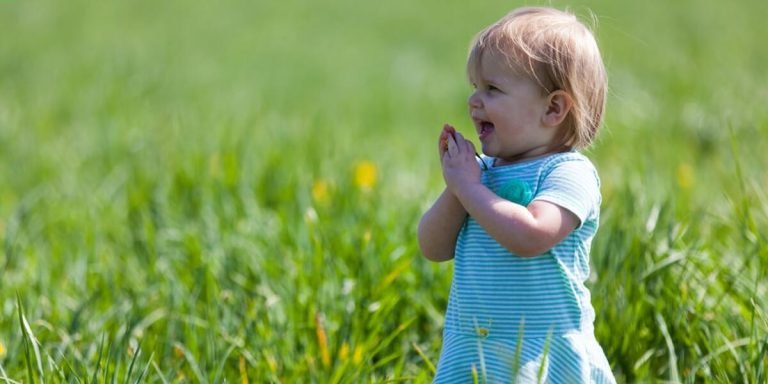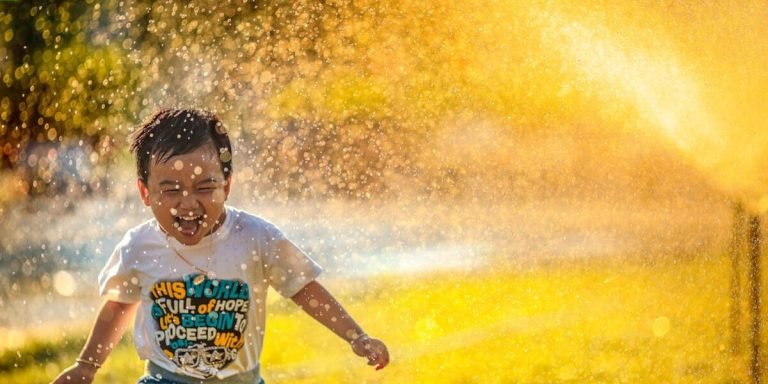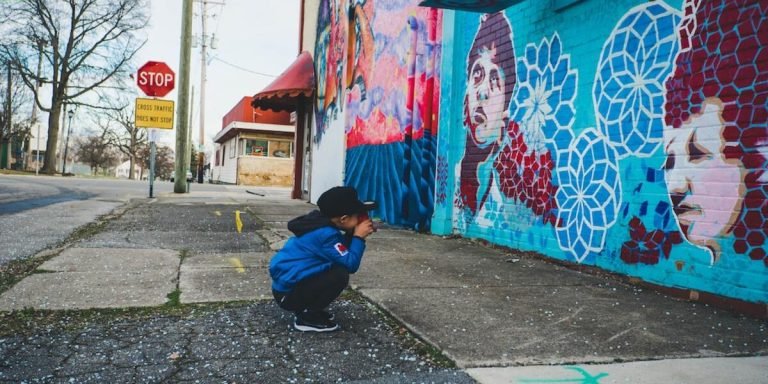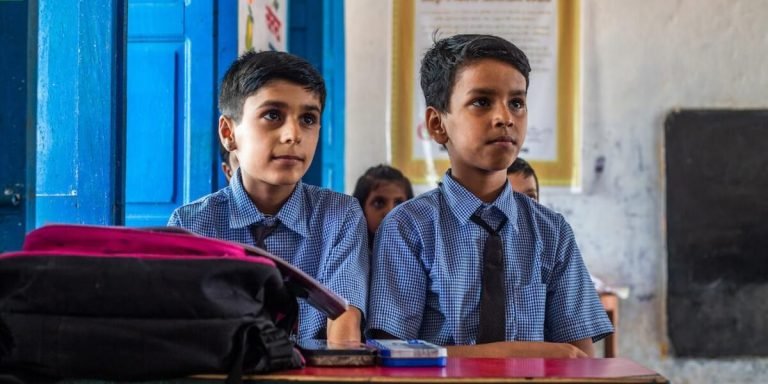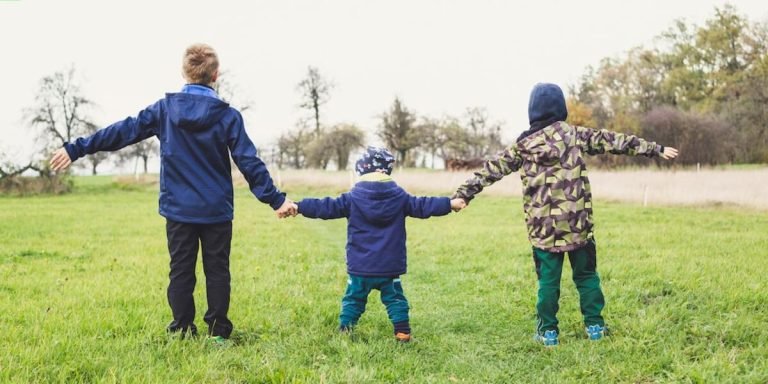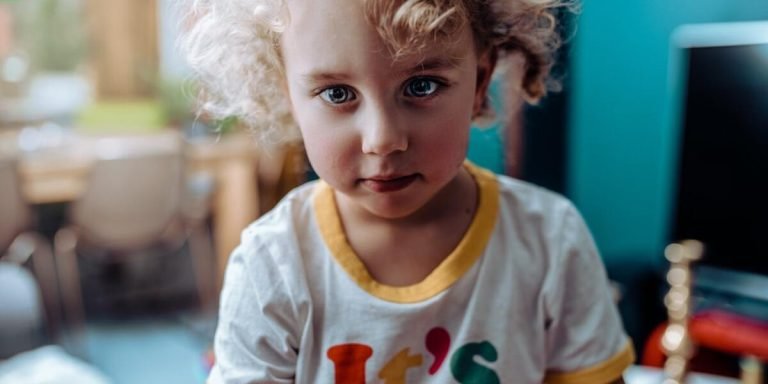Montessori Toddler: Understanding Their Unique Learning Journey
Parents and educators alike often marvel at the independence, problem-solving skills, and natural curiosity of a Montessori toddler. The Montessori method offers a unique path for developmental education that has proven to encourage growth in areas like sensory learning, cognitive enhancement, practical life exercises, as well as language acquisition. Understanding this approach can empower caregivers with vital insights into fostering an enriching environment for toddlers’ flourishing minds.
In spite of its worldwide recognition over more than a century since Maria Montessori advanced her revolutionary teaching philosophy; many parents find it challenging to comprehend what exactly marks out their child’s educational journey under this system from conventional methods taught elsewhere. This article aims at unraveling how best you can navigate your little one’s early learning experiences while leaning on the foundational principles of continuity and respect for individual pace integral to Montessori pedagogy.
Did you know?
Did you know that Maria Montessori, the creator of the Montessori method, was Italy’s first female doctor? Her medical background played a crucial role in shaping her unique educational approach centered around physical and cognitive child development.
Understanding Montessori Toddler Programs
Montessori toddler programs, often overlooked in the realm of early childhood education, are a beacon of hope for parents and educators aiming to cultivate holistic learning environments. They encourage growth through exploration and creativity – principles that Maria Montessori espoused over 100 years ago. Today, these tenets resonate with millions around the globe who believe in fostering independence from an early age.
In Monstessori classrooms, toddlers find diverse platforms where they can engage their minds and bodies actively. Practical activities like buttoning up shirts or pouring liquids allow them to develop fine motor skills while promoting self-reliance amidst real-life scenarios.
Concentration is another vital skill enhanced within Montessori’s framework for toddlers as perceptive observation drives meaningful engagement with materials at hand. Toddlers captivate chunky puzzles or immerse themselves into sorting games instead of being easily distracted by shiny objects – attesting to how well this method nurtures focus among children.
Moreover, contrary to traditional teaching methods where one size fits all approach is applied; Montessori toddler program offers customised learning paths maintaining due respect for individual pace and preference —an attribute that has placed it ahead on the curve even in 2023! Developmental milestones are not rushed but applauded when reached naturally instilling confidence from a tender age- something which extends beyond academics creating knowledgeable individuals ready for life!
Key Principles of the Montessori Approach for Toddlers
The Montessori toddler program has grown massively in popularity over recent years due to its comprehensive and child-based approach. If you’re a parent or educator, understanding these key principles can offer valuable insight into early childhood education.
Montessori methodology places emphasis on the creation of an environment designed around toddlers’ curiosity and needs – from low shelves that encourage independence when picking up toys to different activity stations promoting learning through play.
In a Montessori toddler setting, teachers are more than just instructors; they act as guides who aid the child’s interaction with their environment rather than dictating how it should be done. These educators have undergone special training to understand children’s developmental stages and cater effectively to each child’s unique growth pattern.
Montessori schools emphasize nurturing self-reliance among students at an early stage by encouraging independent exploration within set boundaries which fosters decision-making abilities amongst young learners.
Practical life skills like buttoning clothes, pouring water, arranging flowers etc., form part of daily activities in montessorian classrooms intended toward raising competent individuals equipped for real-life situations.
Often comprising 2-6 year olds grouped together facilitates social development where older kids foster leadership qualities while younger ones learn modeling behaviors enhancing cognitive growth universally across all age groups.
The Role of Play in a Montessori Toddler’s Learning Journey
In a Montessori toddler program, play occupies a central role in the learning journey of every child. This unique educational approach honors and respects individuality, encouraging children to explore their world at their own pace.
Maria Montessori believed that work is play for young children. For toddlers especially, meaningful tasks such as sorting objects or pouring water are not mundane chores but thrilling adventures. Through these ‘playful’ activities, they absorb critical life skills like concentration, coordination, independence and orderliness.
Montessori classrooms don’t feature traditional toys; instead you’ll find purposefully designed materials that appeal to a young one’s curiosity while also aiding developmental milestones. A practical example would be wooden blocks of varying sizes which engage the montessori toddler visually while enhancing motor dexterity through stacking actions.
Outdoor play forms an essential component too – where direct interaction with nature aids sensory development and cultivates an appreciation for our environment from early on.
From working with puzzles aiming at spatial awareness; handling beads promoting fine motor control to arranging colorful rods creating size grading comprehension- all elements focus towards kindling creativity and broadening cognitive capabilities without overburdening them academically.
Structuring a Day in the Life of a Montessori Toddler
In the realm of early childhood education, having a well-structured day is instrumental in guiding a Montessori toddler’s development. The structure serves as an anchor for them, enabling them to navigate their world with confidence while learning and building valuable skills at every turn. A typical Montessori toddler’s schedule merges routine activities with freedom within limits—a unique bedrock principle that distinguishes Montessori from other educational approaches.
Creating this balance requires careful planning on the part of parents and educators alike. Key elements should include dedicated time for individual exploration where children can discover new interests via hands-on experiences—an essential feature of Montessori philosophy—alongside more guided tasks where they hone concentration, self-discipline, and practical life skills through repeated practice over days or weeks.
Additionally, prioritizing outdoor play stimulates physical growth while infusing lessons about nature into your child’s everyday life—a perfect embodiment of Maria Montessori’s view that “education is not something which the teacher does … it is a natural process which develops spontaneously in the human being.” Cumulatively structured yet flexible schedules foster both independence and social emotional competence among toddlers; setting them up to become lifelong learners by prompting curiosity instead of combating it during these critical first steps in schooling.
Typical Daily Activities and Schedules
A day in the life of a Montessori Toddler can be an enriching blend of fun, learning and exploration. Each activity is strategically planned to foster independence while keeping the little minds engaged. Here’s a sneak peek into what makes up a typical daily schedule for our vivacious montessori toddlers.
Each morning begins with social greetings that not only set forth pleasant conversations but also help children develop their linguistic skills from early on.
From buttoning shirts to pouring water without spilling – we strive hard at instilling foundational life skills which further enhance motor abilities too!
Our sensorial activities are always abuzz- Thanks to Montessori materials like geometric solids or sandpaper letters initiating tactile responsiveness and sensory recall.
Playgrounds aren’t mere physical outlets here – they render holistic development promoting problem-solving abilities, team spirit all underlined by tons of giggles filling the air!
Healthy eating habits seamlessly integrated within regular schedules consistently have helped us advance towards self-sufficiency goals amongst young learners effectively.
Encouraging Independence and Choice
Understanding the importance of independence and choice for a Montessori toddler, especially in an educational setting, is crucial. It’s not just about expanding their learning but also helping them develop important life skills that support holistic growth.
In following a typical day at school for every Montessori toddler, one can observe distinct elements encouraging autonomy. The first thing to note is these young learners start their mornings freely choosing what they want to work on from pre-arranged activities set out by educators. This process goes beyond mere decision-making — it’s about enabling toddlers to engage with things that genuinely inspire curiosity.
And then there are practical tasks like setting up snack tables and even cleaning up after themselves post eating or activity completion—tasks traditionally done by adults—are performed here by children under supervision only if needed. Allowing your child involvement in such everyday chores imparts not just responsibility but instills pride within them over time regarding self-care accomplishment.
Furthermore, the inclusion of solo playtime cannot be overlooked when speaking of promoting freedom among Montessori toddlers. During this period where little ones independently explore diverse tools and toys bred mainly with wooden materials as observed across most certified schools now in 2023 – we’re mindful observers peeping into original thought formation stage through exploring hands-on objects unchaperoned!
Assessing Progress in Early Childhood Education: A Focus on Montessori Toddlers
Assessing progress in early childhood education is a broad yet pivotal task that requires precision and care. With the paradigm shift towards more learner-centered approaches, Montessori for toddlers has been gaining momentum globally as an effective method of early learning. This innovative approach prioritizes children’s innate curiosity and encourages experiential learning at their own pace.
In essence, a Montessori toddler environment focuses on developing self-confidence, independence, sensory-perception skills among youngsters while fostering socialization with peers to enhance interpersonal communication abilities. These fundamental concepts are critical building blocks necessary for setting up solid developmental milestones along every child’s educational journey.
Evaluation procedures within such environments need not be rigid or formality-based but rather should focus on observing how well children adapt to structured routines over time using interesting resources offered by this unique pedagogical philosophy. Herein lies the beauty of Montessori – it tracks individual growth subtly without making your toddler feel observed or scrutinized.
Benchmarks for Developmental Milestones within the Montessori Framework
The Montessori framework is a unique educational approach that emphasizes self-directed activity and hands-on learning. When teaching Montessori toddlers, the focus isn’t purely academic but also on nurturing their social, emotional, physical and intellectual growth. Understanding what to expect in terms of specific developmental milestones can be instrumental for educators and parents alike.
We assess progress in the Montessori toddler setting by looking at benchmarks for different age brackets.
1-2 Years: During this stage emphasis is placed on motor skill development as toddlers begin to gain control over their bodies. Look out for budding independence such as walking unassisted or holding utensils correctly while feeding themselves – these are key indicators in line with the Montessori child-led philosophy.
2-3 Years: At two years old children show increased cognitive ability which correlates directly with language expansion. They start stringing together sentences instead of isolated words signifying that they have indeed stepped into early childhood education’s next phase.
At three years old you’ll notice a greater sense of individuality starting from expressing more complex thoughts verbally to choosing activities based on personal preference during play time – all illustrating concepts deeply embedded within the Montessori method.
A common error some practitioners make when observing montessorian tots lies in comparing them against traditional pedagogical approaches’ expectations—doing so invariably results ineffective because it doesn’t account for every child’s uniqueness intrinsic value given preeminence by Maria herself!
Integrating Observation and Documentation Techniques
Integrating observation and documentation techniques is a critical aspect in assessing the progress of every Montessori toddler. Careful, intentional observation provides insights into a child’s development, learning patterns, interests and challenges.
Observation forms the backbone of any effective Montessori teaching process. The key here isn’t just to watch children but also interpret their actions using developmental theories as yardsticks. It involves watching them not with an intention to control but rather understand why they behave as they do during different activities such as play or individual tasks.
On the other hand, proper documentation serves like an evidence bank that tracks growth over time while highlighting areas needing more attention without compromising on confidentiality rules surrounding each learner’s personal information – this helps safeguard privacy rights too!
Conclusion
In conclusion, every Montessori toddler is an explorer on a uniquely remarkable learning journey. Harnessing the transformative power of this educational approach can unlock endless possibilities for your child’s growth and development.
We invite you to continue browsing our website to learn more about various facets of childhood education. Discover how we can provide support for parents and educators alike as they navigate these exciting early years with their little ones. Let’s embrace this extraordinary adventure together!

